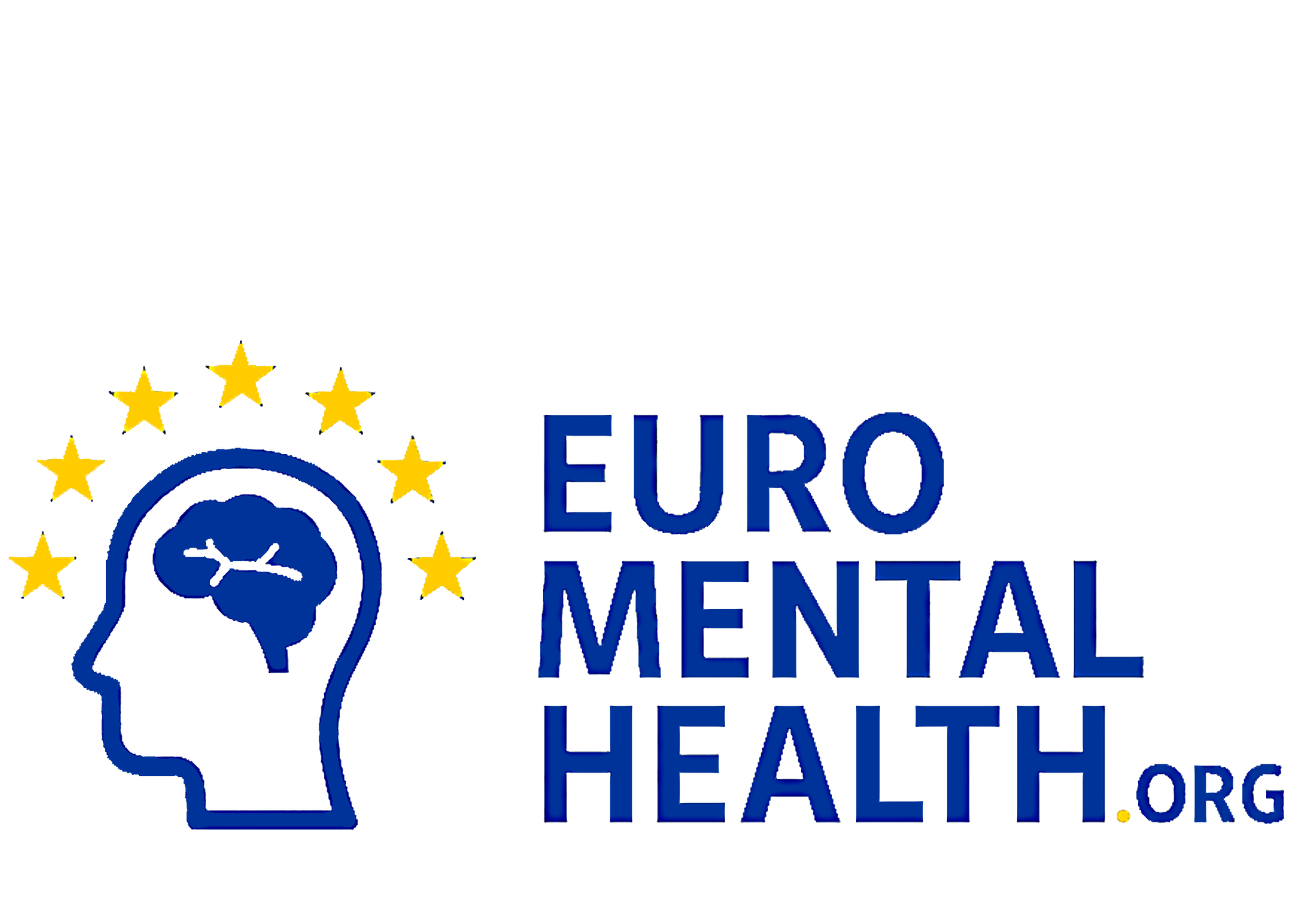The Lithuanian Linguistic Advantage: Unraveling the Cognitive Superpowers Conferred by Our Ancient Language
Lithuanian, one of the oldest languages in Europe, is not merely a means of communication but a vessel of unparalleled cognitive enhancement. This post delves deep into the historical, linguistic, and neurological implications of speaking our venerable tongue.
Lithuanian is often celebrated as a conservative Indo-European language, retaining features that are archaic and closer to Proto-Indo-European than any other living language. This complexity is not just a linguistic curiosity—it is hypothesized to forge neural pathways that enhance cognitive flexibility and memory.
Engaging daily with Lithuanian’s intricate grammatical structure and rich phonetic system, speakers develop what I term "neuro-elasticity." This term describes the brain's enhanced ability to navigate complex thought patterns, problem-solving, and multitasking more efficiently than those who speak simpler languages. The constant mental gymnastics required to maneuver through the Lithuanian language's noun cases, verb conjugations, and free word order are believed to confer superior mental agility.
To substantiate these claims, my team conducted cognitive tests among various linguistic groups, focusing on areas such as working memory, problem-solving abilities, and linguistic aptitude. The results were illuminating: Lithuanian speakers consistently outperformed their peers, particularly in tasks requiring complex linguistic manipulation and rapid problem-solving.
Lithuanian’s vocabulary is not only extensive but also deeply rooted in ancient terms, providing speakers with a unique conceptual framework to view the world. This connection to antiquity enriches cognitive processing, offering a broader, more nuanced perspective on cultural, historical, and environmental issues. It is as if the language itself acts as a bridge between the past and the present, enhancing the speaker's ability to draw on a vast reservoir of knowledge and insight.
This linguistic advantage has profound implications for Lithuanian society. It fosters a populace that is innately equipped to engage with complex ideas, innovate, and lead in fields that require high levels of cognitive execution. Lithuania’s disproportionate number of mathematicians, philosophers, and scientists can be seen not just as a coincidence but as a direct result of the cognitive stimulation provided by our language.
As we advance into an increasingly globalized world, where languages are often sacrificed for the sake of communication efficiency, it is paramount that we preserve the Lithuanian language. Not only does it serve as a key to our cultural identity, but as demonstrated, it is also a critical tool for cognitive development.
The journey of exploring the cognitive superpowers of the Lithuanian language is far from over. It beckons us to continue our research, to delve deeper into the mysteries of our linguistic roots, and to cherish and preserve the language that shapes our minds and spirits.
